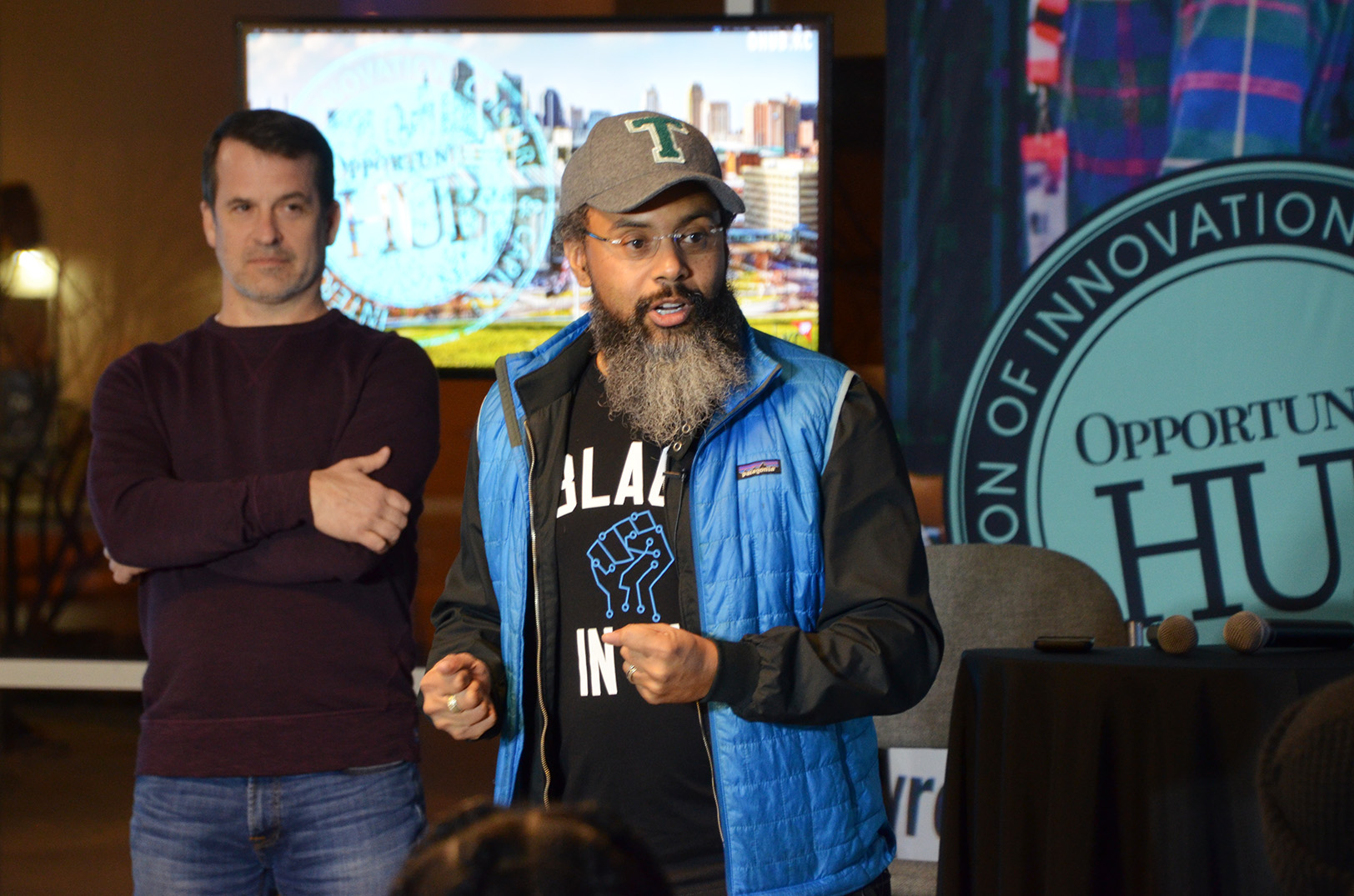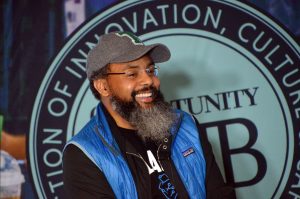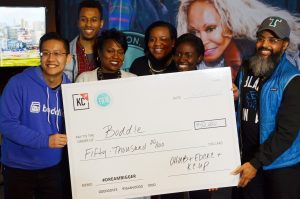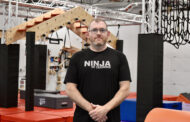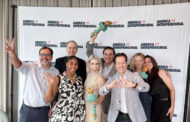Kansas City’s startup community still has room to improve on racial equity and access issues, said Rodney Sampson, but the ecosystem should safeguard the progress it’s made now — before COVID-era re-settlers arrive, bringing potentially problematic culture with them from larger startup hubs.
“When a lot of those folks leave regions like the coasts and come to Kansas City — or maybe come back to KC — you have to be careful that they don’t bring the same ideals that have plagued those startup ecosystems that aren’t diverse,” said Sampson, founder of Opportunity Hub, which operates the OHUB.KC minority accelerator in Kansas City. “If the coasts struggle with racial equity, inclusion and diversity, you don’t want them to bring those problems here.”
The high cost of living and population density of larger hubs don’t bode well for many newly remote startup founders or workers during the pandemic, he added, noting many will think they can just transplant themselves and their values into less expensive, younger ecosystems.
“You need to have the infrastructure in place so that when they touch down, it’s like, ‘OK, I know what this place is about,’” Sampson said. “Kansas City has a good reputation in San Francisco, New York, Atlanta, Austin, and Seattle, but they need to understand that they must play by the rules when they arrive.”
Among the ways to strengthen that infrastructure, he said: investing in programs like OHUB.KC.
The minority accelerator is set to launch its second cohort this fall virtually, but following the same innovative structure that helped widen the entrepreneurship funnel to more members of the community in 2019. Applications have been extended to Sept. 18.
Click here to apply for the OHUB.KC minority accelerator.
How it works: 100 entrepreneurs (from idea to market stage) will receive scholarships to a one-day ideation and design thinking masterclass; 50 will proceed on to a startup bootcamp; then 20 will be selected for a pre-accelerator; culminating in five startups admitted into the full accelerator and receiving a $50,000 investment.
“Normally 10 companies would get into a three-month Techstars or Sprint accelerator, but we open it up for the entire community,” said Sampson, explaining a programming structure built to allow more educational opportunities as a whole, as entrepreneurs are pared down to a final handful of startups. “So in Year 1, all the venture capitalist, founders, mentors, subject matter experts we brought to town weren’t restricted — really opening up the information to everyone.”
“Early exposure is key,” he added, noting OHUB.KC programming exposed more than 2,000 people to the ecosystem via events and programming.
Click here to read about OHUB.KC’s first co-hort and five $50,000 winners — including two Kansas City startups.
Click here to read about one of OHUB.KC’s biggest success stories of Year 1.
“We’re really excited about our early partnership with KC Rising and the Civic Council. Some of their members have agreed to provide mentorship to our founders, and I’m hoping they can be long term partners,” Sampson said. “We want this to be a regional blue sky opportunity for shared prosperity.”
But OHUB.KC rolls into its second year at a financial disadvantage, he noted.
“In the midst of COVID, a race reckoning, historic job and GDP loss, we lost funding from our two main partners — the City of KCMO and Economic Development Corporation of Kansas City,” Sampson said. “Our call to action is we need Kansas City businesses and philanthropists to support us to help us reach our budgetary goals.”
Representatives from the City of KCMO and EDCKC did not respond to Startland News’ requests for comment about the funding change.
Crossroads-based Lead Bank is a continuing supporter of the accelerator, Sampson said.
“We’re not in startup mode. We proved ourselves last year,” he said. “In Year 2 it should be about sustainability and growth. If Kansas City is serious about racial equity, our program and every other minority-led program in the region should be fully funded.”
OHUB is maintaining its ecosystem building framework in Kansas City — including virtual Third Fridays events and the “beacon of hope” ecosystem lab at 18th and Vine, Sampson added, because committed to being more than an “overnight sensation” that disappears as quickly as it arrived.
“Our word is our bond,” he said. “We also have team members on the ground in Kansas City who are pouring their hearts into the work. It’s important for us to look at this long term — particularly at the potential around high-tech, talent, high-growth entrepreneurship, as well as the amazing companies already in the ecosystem.”
Click here to learn more about Opportunity Hub.



